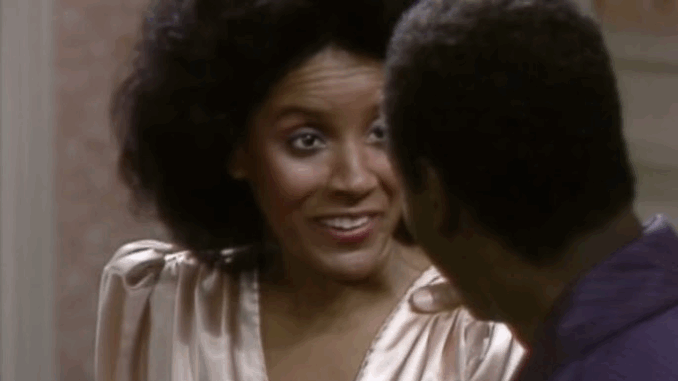
When The Cosby Show premiered on NBC on September 20, 1984, few could have predicted the seismic shift it would bring to American television. Starring comedian Bill Cosby as Dr. Heathcliff Huxtable, the sitcom broke stereotypes, reimagined the family sitcom, and brought African-American excellence into prime-time living rooms across the nation.
At its peak, The Cosby Show was a ratings juggernaut, holding the number-one spot in the Nielsen ratings for five consecutive seasons (1985–1990). More than a commercial success, it was a cultural milestone. The series portrayed an upper-middle-class Black family — the Huxtables — with warmth, humor, and intelligence, challenging the narrow, often negative depictions of African-Americans on television at the time.
The Huxtable family — led by Cliff, an obstetrician, and Clair, a sharp-witted attorney played by Phylicia Rashad — was aspirational yet relatable. Their five children, each with distinct personalities, provided the canvas for stories about adolescence, responsibility, education, and respect. Whether it was Theo struggling in school or Denise navigating college life, the show treated its characters’ challenges with a rare blend of empathy and humor.
Perhaps its most enduring legacy is how The Cosby Show normalized Black success for mainstream audiences. It opened the door for a new era of television that included shows like A Different World (a spin-off), Family Matters, and The Fresh Prince of Bel-Air. Its influence extended beyond the screen, inspiring countless viewers and future creators.
However, the show’s legacy has been complicated in recent years due to the numerous sexual assault allegations against Bill Cosby, which led to a criminal conviction (later overturned) and widespread public reckoning. These revelations have sparked debates about whether one can — or should — separate an artist’s work from their personal conduct.
Despite the controversy, the impact of The Cosby Show remains undeniable. It redefined what a family sitcom could be and reshaped how America saw itself — or wanted to see itself — in the 1980s and early 1990s.
The Cosby Show may no longer air as frequently, but its imprint on the television landscape, and its role in challenging stereotypes and uplifting new narratives, continues to be studied, debated, and appreciated.
